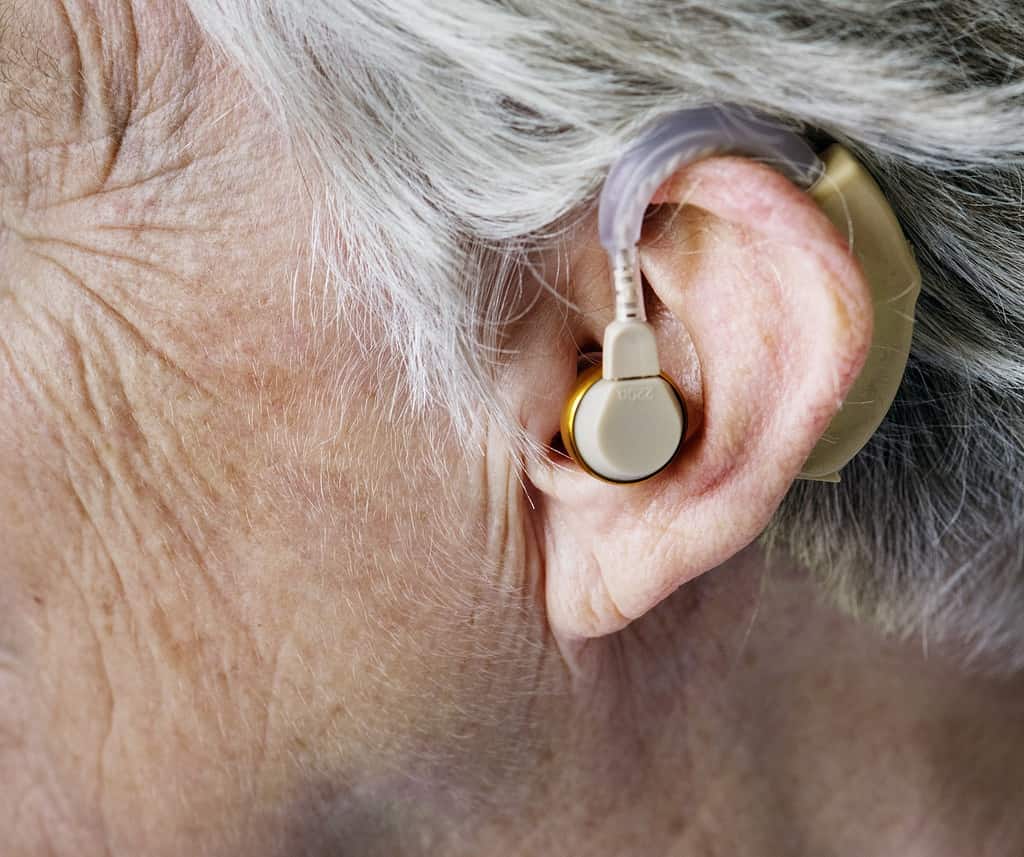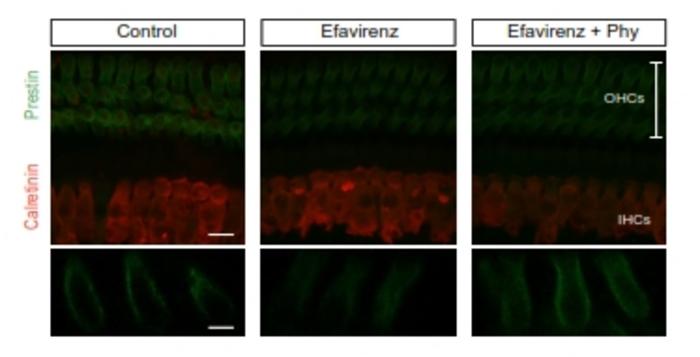Common supplements may reverse age-related hearing loss

Researchers in Argentina have uncovered a possible connection between everyday supplements and the reversal of age-related hearing loss. Their study suggests that supplements containing phytosterols might help prevent natural hearing loss as people grow older by filling in the role of lost cholesterol in the inner ear.
Phytosterol supplements: a potential solution to natural hearing loss
As we age, it's normal to experience a decline in hearing ability. With the passing years, the delicate hair cells nestled within the inner ear undergo a natural degradation. These cells, responsible for translating sound vibrations into electrical signals, can become less sensitive or even wear away. As a result, hearing softer sounds or distinguishing conversations in bustling environments may become challenging.
One of the earliest casualties ofage-related hearing loss is often the ability to perceive high-pitched sounds. The melodic chirping of birds or the crisp sound of music may lose some of their clarity as your ear's capacity to detect high frequencies diminishes.
Researchers led by María Eugenia Gomez-Casat at the University of Buenos Aires-CONICET have now found a link between lower levels of cholesterol in the inner ear and this age-related hearing loss. Cholesterol plays a vital part in the functioning of sensory cells called outer hair cells (OHCs) in the inner ear. These cells are responsible for amplifying sounds by changing shape. However, as we get older, these cells lose their flexibility, leading to reduced sound amplification and contributing to hearing loss.

Prestin expression in OHCs from control, efavirenz, and efavirenz plus phytosterols-treated mice. Prestin is a protein that is critical to sensitive hearing in mammals. Credit: L. Sodero AO et al., 2023, PLOS Biology.
Based on this understanding, the researchers investigated the effects of phytosterol supplements on mice. Phytosterols are natural compounds found in plants that are similar in structure to cholesterol. They are often included in over-the-counter supplements.
The study involved inducing hearing loss in young mice by activating an enzyme called CYP46A1, which breaks down cholesterol. The researchers then provided some of these mice with dietary phytosterols in addition to the enzyme-activating treatment. Remarkably, these mice showed an improvement in the function of their outer hair cells.
These findings open up a potential avenue for addressing age-related hearing loss through the use of phytosterol supplements. While this discovery holds promise, much more research is required to confirm its effectiveness. Future studies will involve testing these supplements on older mice and eventually on humans to determine if they can indeed help prevent or alleviate age-related hearing loss.
"We found that these defects can be partly reversed by phytosterols supplementation. Our findings are very promising because they provide the first proof-of-principle supporting phytosterols supplementation as a possible approach for prevention or treatment of hearing loss," the researchers concluded in their study published in the journal PLoS Biology.









